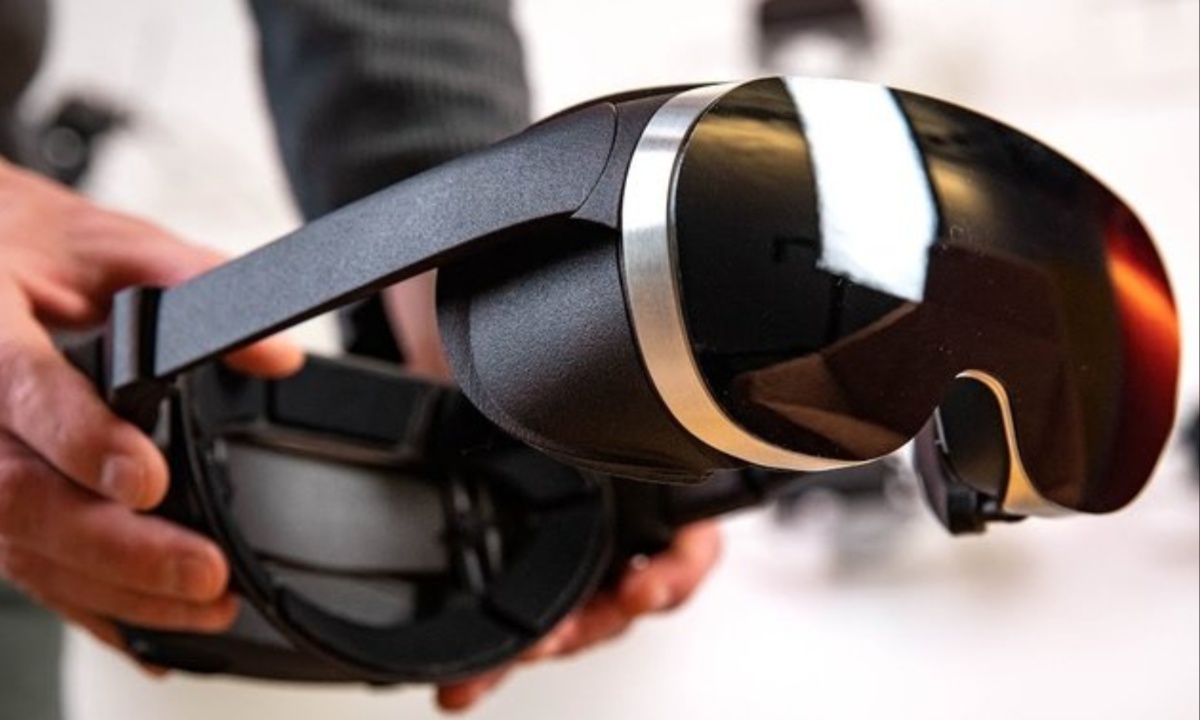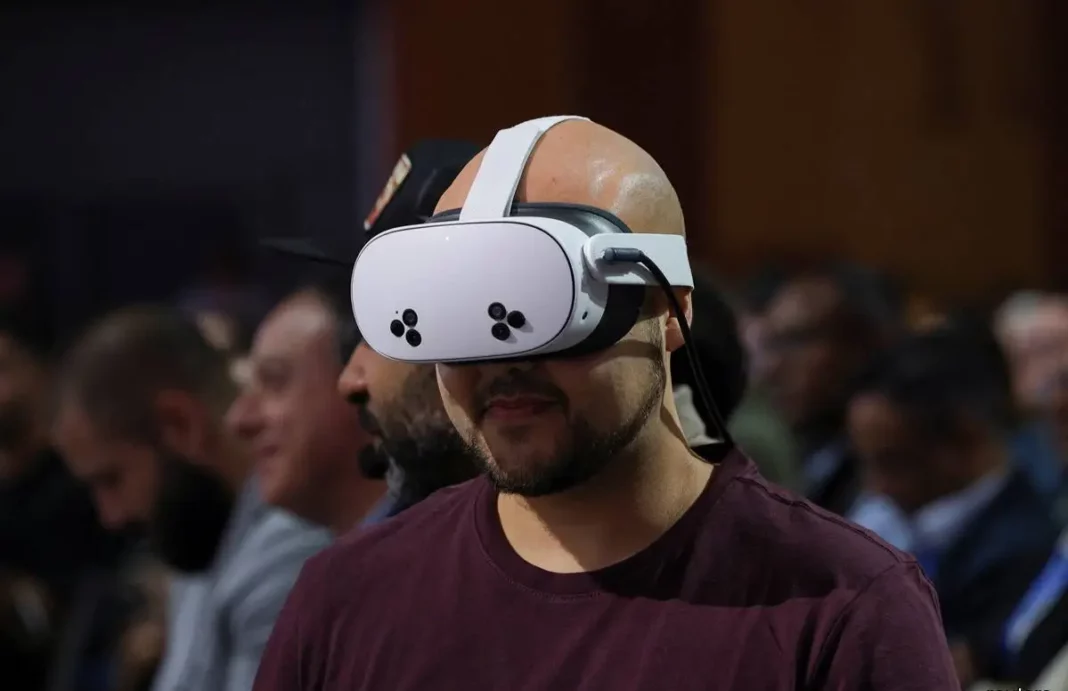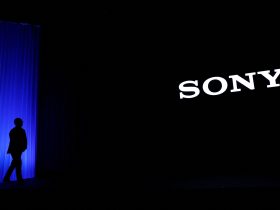Meta, the parent company of Facebook, has announced plans to produce its next-generation virtual and augmented reality headsets in Vietnam, creating over 1,000 new jobs. This development focuses on the production of the Quest 3S headset in partnership with local companies in the Southeast Asian nation. The announcement, made by Meta’s global affairs president Nick Clegg at a tech conference in Hanoi, marks a significant step in the company’s strategy to expand its manufacturing footprint outside traditional regions.
Vietnam has been positioning itself as an attractive destination for investment by some of the world’s biggest companies, seeking to become a crucial part of the global supply chain.
Meta’s decision to manufacture in Vietnam aligns with this goal, as the country, traditionally known for low-cost manufacturing in industries like clothing and furniture, looks to shift toward more advanced sectors. In a further sign of interest from major corporations, SpaceX also recently announced plans to invest $1.5 billion in Vietnam, underscoring the country’s growing importance in global manufacturing.

In an effort to attract more investment, Vietnam’s top leader, To Lam, has been actively engaging with leaders of prominent tech companies. During a recent trip to New York, he met with executives from Apple, Meta, and IT firm Supermicro.
Lam also held discussions with U.S. President Joe Biden, following Biden’s visit to Vietnam last year, aimed at strengthening diplomatic and trade ties between the two countries. This series of meetings highlights Vietnam’s determination to boost its status in the global tech and business world.
Vietnam’s ambitions extend into the semiconductor industry, where it aims to build capabilities in response to global supply chain disruptions and concerns over reliance on China.
By focusing on the chip industry and attracting tech investments, Vietnam seeks to diversify its economy and play a more substantial role in high-tech sectors. The country’s government is keen on ensuring that its manufacturing base includes high-value industries such as electronics and semiconductors.
Meta’s influence in Vietnam goes beyond manufacturing, as Facebook is widely used in the country for both personal communication and business purposes. The Messenger platform is particularly popular among Vietnamese users for facilitating trade and commerce.
However, Meta has also faced criticism from human rights groups for cooperating with the Vietnamese government in blocking content deemed illegal. Despite these controversies, Vietnam remains a key market for Meta’s digital services and future technology production.







Leave a Reply